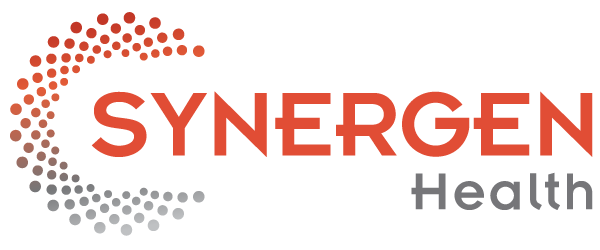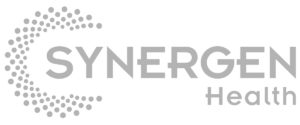The healthcare sector continues to experience a significant transformation with the adoption of automation, heralding a new era in patient care and operational efficiency.
In Revenue Cycle Management (RCM), automation is a cornerstone of innovation, delivering strategic advantages that surpass conventional methods.
Additional applications and uses combine to have a significant end-to-end impact.
Recent research suggests that wider adoption of automation and AI could lead to savings of 5 to 10 percent in U.S. healthcare spending — roughly $200 billion to $360 billion annually.
Here are four surprising ways you can use automation in RCM.
1. Upskilling RCM Operations by Enhancing Coding and Billing Processes
One of the most significant impacts of automation in medical billing can be seen in the upskilling of RCM operations.
Artificial intelligence (AI) and machine learning (ML) technologies have revolutionized medical coding and billing processes, ensuring the accuracy and efficiency that human operators struggle to match. These automated systems directly contribute to a smoother, more reliable billing cycle by reducing errors and denials.
Automated billing systems can streamline invoice generation and dispatch timely reminders to patients. This improves cash flow and enhances patient satisfaction by offering a more transparent and responsive billing experience.
Equally important is the opportunity these technologies present for workforce upskilling, enabling employees to focus on more strategic tasks by automating routine processes.
2. Optimizing Claim Submission and Follow-Up
Automation tools are vital in optimizing claim submission and follow-up procedures.
By employing algorithms that check for common errors, these tools ensure that claims are submitted correctly and promptly. This proactive approach significantly reduces the incidence of denied or unpaid claims.
A Collections and Denial Management System (CDMS) takes this a step further by automating the follow-up process for such claims. This drastically reduces the time and resources traditionally required for manual follow-ups and eliminates the need for multiple fixes of the same denial issue, thereby improving operational efficiency and financial performance.
3. Predictive Analytics for Financial Decision-Making
Integrating automation and data analytics into healthcare RCM opens up a new world of predictive insights.
These insights highlight current financial performance and identify potential areas of revenue leakage and growth opportunities. DOCTRIX® Analytics, for instance, provides health systems with the tools needed for such analysis, including predictive denial management and automated benchmarking against industry standards. These capabilities allow for informed decision-making and prescriptive, streamlined fixes that can significantly impact a health system’s clean claim rate and bottom line.
4. Improving Compliance and Reducing Fraud
In an industry as regulated as healthcare, compliance is paramount. Automation is crucial in monitoring compliance and quality standards, minimizing the risk of penalties associated with regulatory infractions.
Additionally, the ability of automated systems to detect unusual billing patterns offers an effective safeguard against fraud, thus enhancing financial security and integrity.
Real-World RCM Automation Results
An orthopedic group in Nevada with $20M in revenue per year saw significant improvements in operational efficiency and patient satisfaction after implementing SYNERGEN’s solutions.
Here is a look at their challenges and subsequent RCM automation success:
- Billing turnaround time improved from 7 to 4 days
- Reduction in 90+ insurance AR from 40% to 15%
- Reduction in the days in AR from 49 to 25
- Clean claim rates improved to 99%
- Consistently maintained zero pay claims at less than 2%
- Resolved claims at 90% and 120 days at 99%
- Seamless transition to new, improved Practice Management System helping with coding and documentation challenges
Implementing a comprehensive approach to Revenue Cycle Management, our strategy includes daily claims submissions and rigorous quarterly coding audits supplemented by ongoing in-house CPC coders’ reviews.
Weekly meetings with front staff address prior authorization denials, while strategic eligibility checks and prompt handling of uninsured patients enhance payment turnaround.
Denials are swiftly corrected within 48 hours, complemented by diligent, date-based collection efforts and aggressive pursuit of claims over 150 days old. The approach is further enriched by real-time analytics via DOCTRIX®, weekly progress updates, monthly revenue analysis, and quarterly strategic onsite discussions and consultations with providers.
Navigating the future of healthcare with automation
The transformative potential of automation in RCM is undeniable. The benefits are vast and varied, from enhancing operational efficiency and accuracy to improving patient satisfaction.
As healthcare systems navigate the complexities of automation, partnering with an experienced and innovative RCM solutions provider like SYNERGEN is crucial. By embracing automation, health systems can streamline their billing processes and position themselves at the cutting edge of healthcare innovation.
To explore how SYNERGEN can transform your RCM operations, request a demo today.

